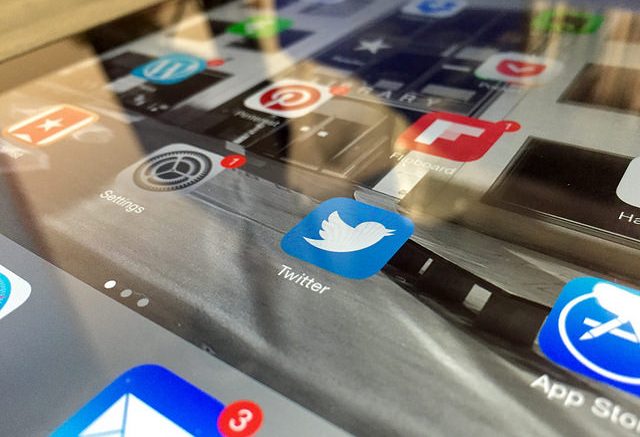Sofia Sanchez/ Contributing Writer
In today’s day and age, technology is never far from reach. People fall asleep with their faces swathed in the light of their computer screen, they wake up to the sound of their smartphone serenading them and they immediately feel a ball of apprehension unfurling in the pit of their stomach if a Wi-Fi signal is lost.
Technology offers an escape from reality, it allows you to reinvent yourself on the internet through social media, and it acts as a security blanket for people with social anxiety. We, the millennial generation, are the first generation to really grow up with social media and this immense acceleration of technology.
It’s been integrated into our lives so much that finding someone without an online profile lurking somewhere in the vast inner workings of the world wide web has become a rarity.
Social media can be a pleasant tool for keeping in touch with friends and family, but it can also be a way for people to target you. You’ve heard about the dangers of putting too much of yourself online in countless school assemblies; how a 40-year-old man in his mother’s basement can pose as a 13-year-old girl who likes One Direction or a group of “popular” kids gathering around a computer to type nasty messages on the profile of one of their classmates.
Unfortunately, we hear about these accounts often, and we take preventative measures to guard yourself against them; either by placing the account on private, being careful about the information we choose to release and blocking people who send hurtful messages. What we don’t do, though is think to protect ourselves from “followers,” the people who like our pictures or comment heart-eye emojis on our profile.
Those people send your self-confidence soaring through the roof and make you feel good when they grace you with that “like” or comment. In this day and age, with social media being such a prevalent part of our lives, it can be hard not to fall for that feeling of instant gratification we get after seeing how many people like our pictures on Instagram or laugh at the jokes we make on Twitter.
Flattering as it may be, it must be noted that many of these people are strangers to us. Friends of friends, former classmates from elementary school we haven’t spoken to since the third grade or maybe our cousin’s boyfriend’s sister’s best friend’s brother.
Kids are placing higher and higher value on the amount of followers they have, the likes they get per minute on Instagram and the comments left under their posts. It can affect our mood both positively and negatively and can be extremely dangerous to associate self-worth with the like button.
Everyday, more and more people seek out the approval online they feel they don’t get in reality. They come up with clever captions, go out to exciting places just to snap a shot “for the ‘gram,” but all the while, real life is passing them by.
When we validate ourselves and our experiences through our social media accounts, we miss out on living real moments. In true cyber-security form, protect yourself from this detrimental behavior by putting down your phone, talking face to face with a friend and experiencing life firsthand instead of from behind a screen.
Disclaimer:
The opinions presented within this page do not represent the views of FIU Student Media Editorial Board. These views are separate from editorials and reflect individual perspectives of contributing writers and/or members of the University community.
Image retrieved from Flickr.






Be the first to comment on "A follow for a follow in a cyber-world"